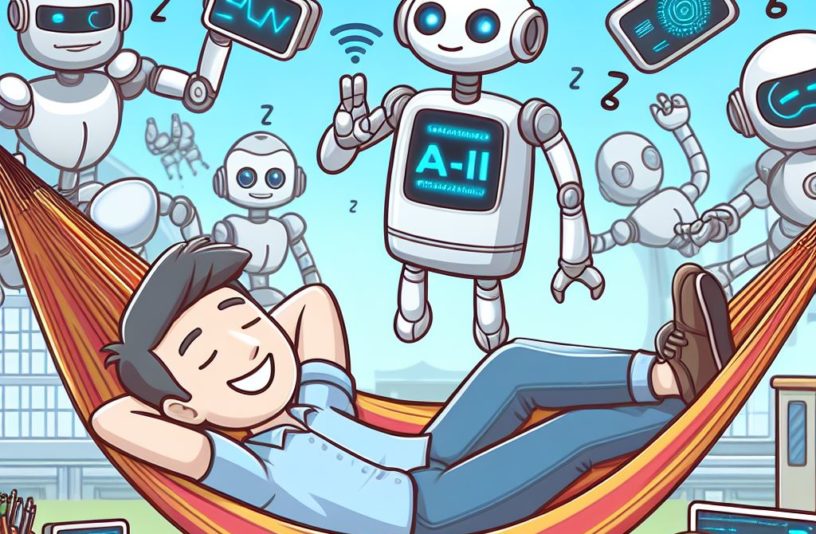In Europe, the idea of a 4-day workweek has been discussed for several years, but few have implemented it. So, what about a 3-day workweek? According to Bill Gates, this could become a reality thanks to AI.
AI is rapidly transforming our ways of working (although it varies greatly depending on the nature of our work), and Bill Gates predicts a 3-day workweek becoming the norm. In his interview with Trevor Noah on the "What Now?" podcast, Gates envisions a world where automation and AI free humanity from the need to work hard to make a living.

For him, while AI won't replace humans, it will change the nature of work. He envisions a society where machines handle much of the workload, reducing the necessity to work more than three days a week. He compares the potential impact of AI to major innovations like the internet.
Bill Gates isn't alone in foreseeing these changes. JPMorgan Chase CEO, Jamie Dimon, shares this vision, anticipating a 3.5-day workweek thanks to AI. These predictions are supported by tangible examples, such as trials of a 4-day workweek showing improvements in work-life balance and employee efficiency.
Despite the associated risks of AI, Gates emphasizes the importance of its responsible use. He acknowledges concerns about job losses but emphasizes that technology has always brought benefits. For him, it's crucial to support people in learning new skills to adapt to technological changes.
Personally, I am quite skeptical. We have experienced numerous productivity disruptions in the past 200 years (electricity, combustion engine, the internet, etc.), and it doesn't seem like our working hours have decreased as a result.





Leave a Reply